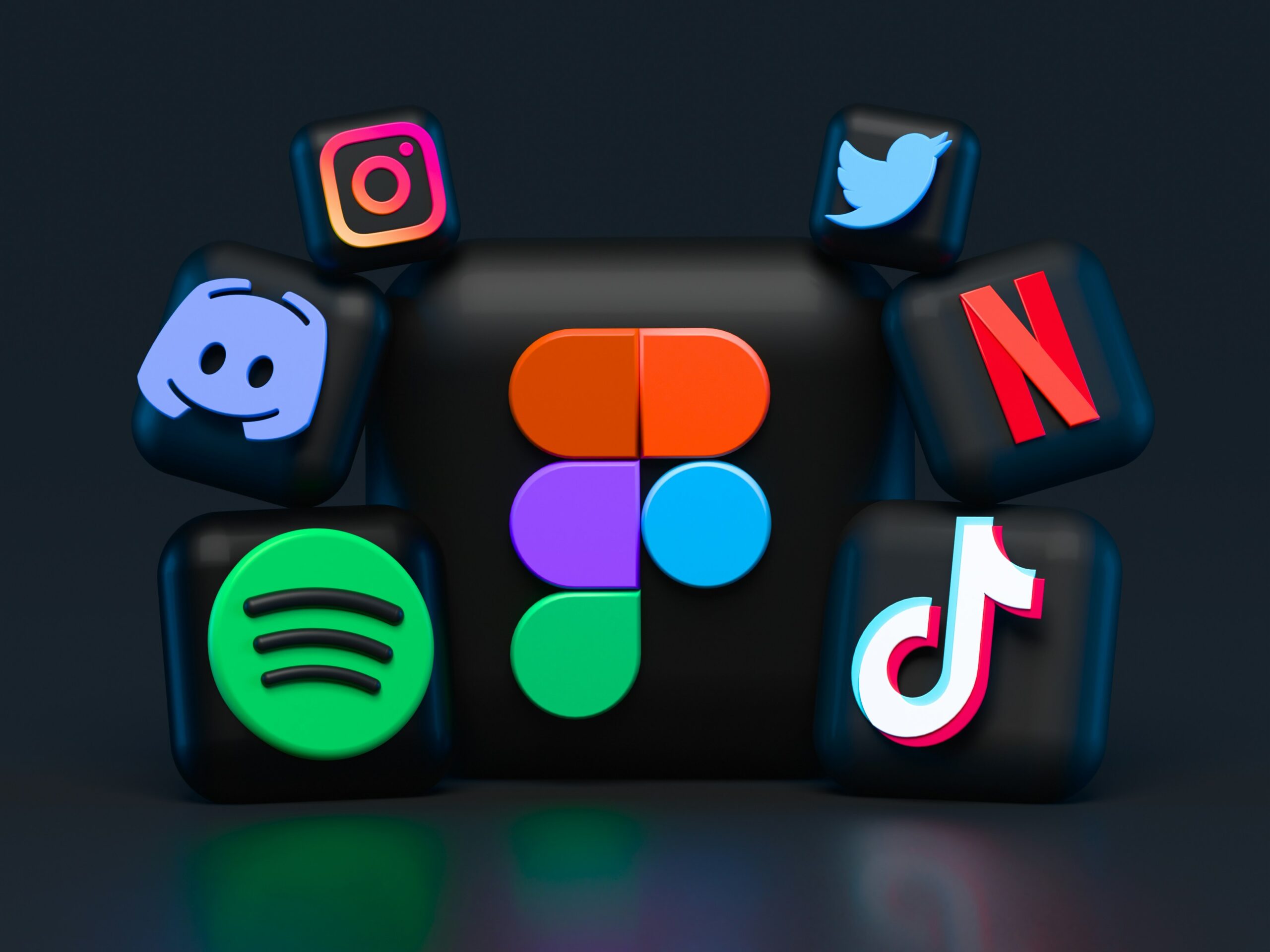By Jamie Champagne, CSP |
These days, with the explosion of artificial intelligence (AI) tools, asking others “What’s your favorite app?” is starting to be almost more commonplace among speakers than the “What do you speak on?” question.
The explosion of AI technology into the hands of the average user has us all jumping at the ‘latest and greatest’ apps out there with promises to deliver incredible outputs with hardly any effort at all. The trick is not to get distracted by all those shiny objects. Always have a business value for which app you invest both your time and your money into. The app should work for you, not the other way around. In our speaking communities, we have our favorite apps out there that help convert leads, that automate processes and allow us to focus on bringing our magic. Yet, when you ask a group of 30 or so speakers what their favorite app is, you can get 30 or so different responses. And they’re all great answers! Why?
Because IT Depends!
It depends on what you want to do with the app. It depends on what you’re trying to achieve. It depends on what business outcome you want from using the right tool at the right time for the right reason. That’s what all these AI apps are. They’re tools in your toolbox. They’re your key elements for getting things done. We’re excited because they’re more efficient and faster and smarter than ever! Yet it’s no different than any other tool you might use to get a task done. We still call our smartphones “phones” because you can still make a phone call on them. Sure, many of us may be fans of more text-based communication, but when you need to connect with a client, partner, or even coach and mentor, a phone call is what is needed, and your smartphone does the job. And that’s the exact same approach to take with your AI technology.
You want the right tool for the right job. Just asking those questions first can save you valuable time and effort. Why? Because you want to be clear on what you want to achieve and why that is important now BEFORE you ever see what technology is available. Just because there is a tool that can cut videos and make social media reels for me, does not mean I have to have it. If I do not have a business need to put video content on social media right now, then it is not a value-adding tool. It is simply an expense. Sure, researching what it can do IF I need those features and functionality in the future is good to know and can give you a little break in your day just to check it out. But only ‘window shop’ (look, don’t buy) if you do not have a business need that aligns with what the app does. When you are looking at apps or programs, you want to ensure you invest your time and money for the right reasons at the right time.
So perhaps some better questions at our cocktail hours are:
Which apps are helping you write and generate marketing content?
What are your favorite apps for managing client interactions and follow up?
Are there any apps that have really streamlined your daily work and increased productivity?
Maybe not even limiting the question to just “apps.” Maybe some better questions are:
Which tools enable you to keep track of the current work and projects on your team?
What is the best way you are organizing and planning your strategic three-year roadmap?
Sure, there are apps we can use, and it all depends. The next time someone asks you, what’s your favorite app, start with the right answer every time: IT depends. What are you trying to accomplish? Then I will tell you my favorite app that works best for me. There are no longer best practices. There are what worked best for that person, at that time, in that context, for that reason, for that purpose. Yet we can all be inspired by others’ applications. And that’s the golden nugget. Not what app are you using? But rather, what are you doing with the apps you are using today, and how has that driven your business? How has that driven your quality presentations? Instead of “what app,” focus on the “why” and the how are the questions. This is what we need to be asking so that no matter what app comes to market or even how technology evolves, we approach it for the right reasons.

